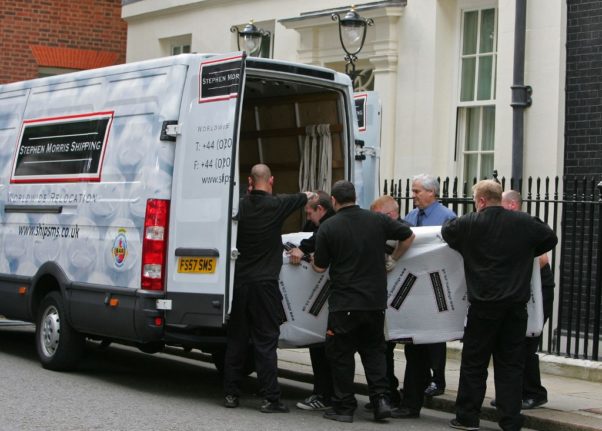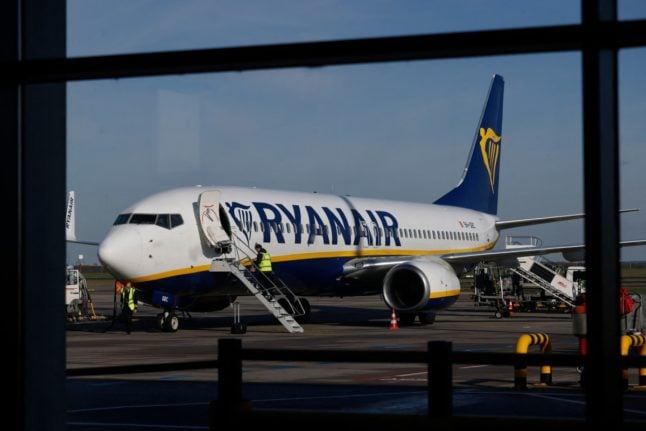Question: I’ve seen it reported that France now requires a T1 form for anyone bringing in goods like furniture from the UK to France – do I need one of these?
The short answer to this question is ‘it depends on where you are going’ but there is a much longer answer. It’s complicated and it relates to Brexit, so buckle up . . .
A T1 transit declaration form tracks goods that are being transported between countries within the EU customs union, but which have come from outside the EU.
It has actually been in place for a long time, but since Brexit it applies to goods coming into France from the UK, and it seems that it’s only now that French customs officers are enforcing it, which is why hauliers have been talking about it in recent weeks.
Brian Murphy, managing director of the Dublin-based logistics company Global Trade, explained the rules to our sister site The Local Italy, saying “it provides the holder with proof that they need to make an import declaration and pay customs duties only upon reaching their final destination, and not in any of the other EU countries they transit through.
“This is not a general requirement for all goods brought into the EU. Because the T1 tracks the movement of goods within the EU, it’s not needed if you’re bringing items from directly into one EU country.”
So looking at the situation in France, you will not need a T1 if you are bringing items into France for use in France (eg a household removal or bringing items to a second home in France).
However, if you are bringing items into France with the intention of transporting them on to a different country – let’s say Spain, Italy or Belgium – then you will need a T1.
Do I need a different form for France?
Although you don’t have to worry about T1 forms if you are bringing items such as furniture, household goods or DIY items into France with the intention of remaining there, you do need extra paperwork.
Since Brexit, there is a value limit of €430 on bringing items into France, so if you’re bringing over household items you will need a full inventory and documents indicating the value of your items – full details HERE.
If you are moving to France and bringing your furniture and household items with you there is an exemption on customs charges, but you still need the paperwork – details HERE. The exemption does not apply to people bringing over furniture or other items to second homes in France.
Why is this happening now?
Since Brexit, says Murphy, many removal vans coming from the UK had been using a “loophole” to avoid having to file a T1 form by declaring France as their final destination, even when it wasn’t.
Vehicles coming from the UK would simultaneously submit an export declaration to the UK authorities and an import declaration to the French authorities, providing a French address.
France would give the green light that no customs duty was due (as is typically the case with household moves), and the vehicle could enter the country and then proceed on to its final EU destination with no issues.
Now, France appears to be closing the loophole by saying it will no longer allow this practice.
“France is now saying these are not destined for France: use the T1 to transit through France and import them into the country you’re going to,” says Murphy.
How do you get a T1?
If you’re transiting through France with your goods and therefore do need a T1, you can’t simply fill the form out yourself. It isn’t accessible to private individuals as it requires special software, so you’ll need to pay a freight forwarder, customs agent or removal company to do it for you.
If a moving company is handling your items, they should take care of this process for you. If you’re moving your items yourself you’ll still need to pay someone to open your T1 form. This means you’ll incur additional costs; some say they’ve been quoted €100, but if you shop around, Murphy says, you might be able to get a better deal.
You can find full details of moving with a T1 on The Local Italy HERE



 Please whitelist us to continue reading.
Please whitelist us to continue reading.
Member comments